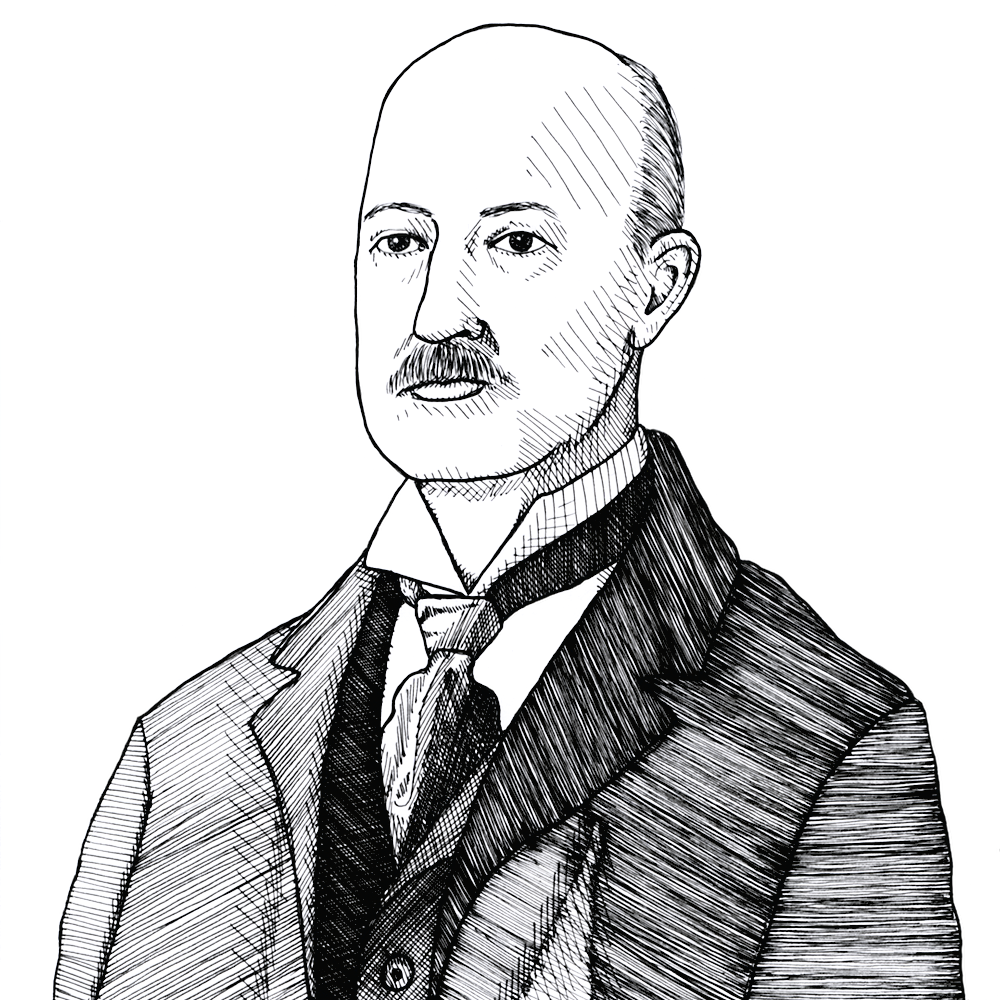
William Graham Sumner on the political corruption which is “jobbery” (1884)
Found in: War and Other Essays
The American clergyman and sociologist William Graham Sumner (1840-1910) thought that “jobbery”, the attempt to gain wealth from others by extortion by means of the government instead of honest labor, was rampant in plutocratic America:
Class
Jobbery is any scheme which aims to gain, not by the legitimate fruits of industry and enterprise, but by extorting from somebody a part of his product under guise of some pretended industrial undertaking. Of course it is only a modification when the undertaking in question has some legitimate character, but the occasion is used to graft upon it devices for obtaining what has not been earned. Jobbery is the vice of plutocracy, and it is the especial form under which plutocracy corrupts a democratic and republican form of government. The United States is deeply afflicted with it, and the problem of civil liberty here is to conquer it.